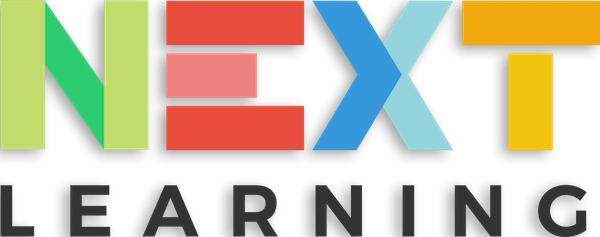An excellent reference for school leaders the Melbourne Declaration on the Educational Goals for Young Australians (MCEETYA 2008) recognises that in a digital age, and with rapid and continuing changes in the ways that people share, use, develop and communicate with ICT, young people need to be highly skilled in its use.
“To participate in a knowledge-based economy and to be empowered within a technologically sophisticated society now and into the future, students need the knowledge, skills and confidence to make ICT work for them at school, at home, at work and in their communities.”
Melbourne Declaration on the Educational Goals for Young Australians (MCEETYA 2008)
Information and communication technologies are fast and automated, interactive and multimodal, and they support the rapid communication and representation of knowledge to many audiences and its adaptation in different contexts. They transform the ways that students think and learn and give them greater control over how, where and when they learn.
In the Australian Curriculum, students develop ICT capability as they learn to use ICT effectively and appropriately to access, create and communicate information and ideas, solve problems and work collaboratively in all learning areas at school, and in their lives beyond school. The capability involves students in learning to make the most of the digital technologies available to them, adapting to new ways of doing things as technologies evolve and limiting the risks to themselves and others in a digital environment.
